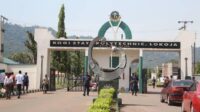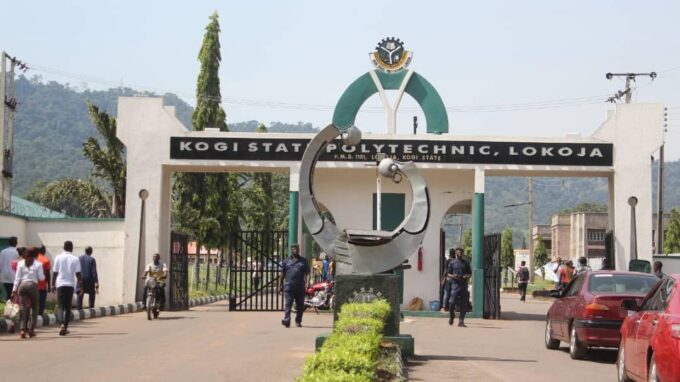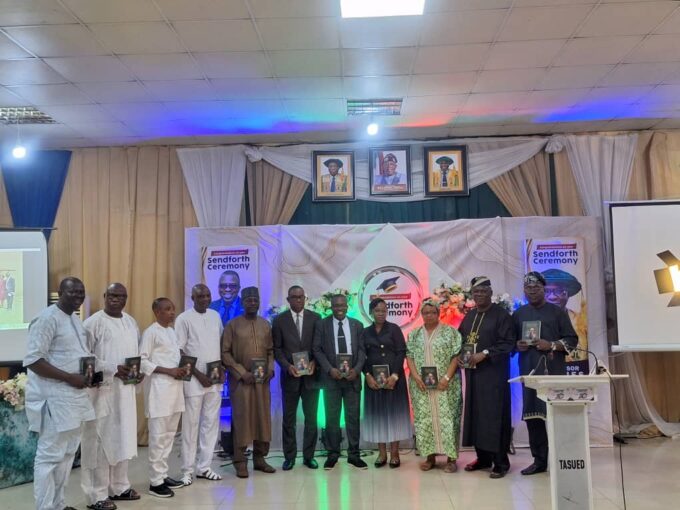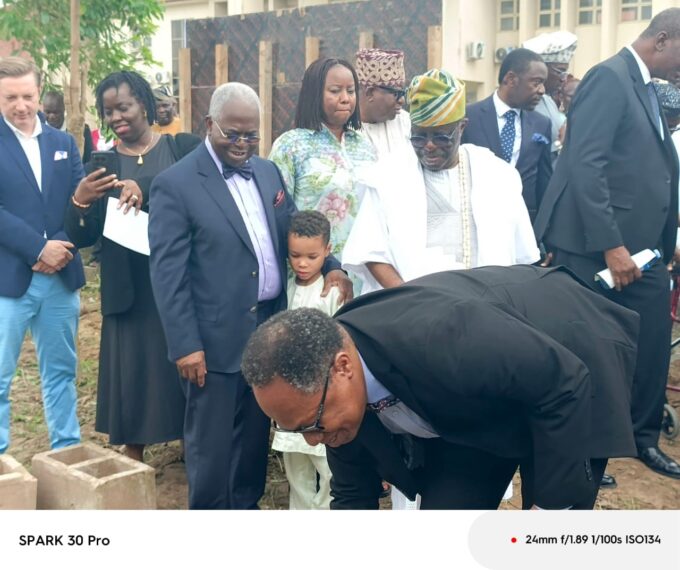The Nigerian Education Loan Fund (NELFUND) has called on the National Assembly to give full legislative support and collaboration in the appropriation and monitoring of its 25 per cent allocation from the newly introduced Development Levy, which takes effect from January 1, 2026.
The appeal follows the passage of the National Taxation Act (NTA 2025), which approved a 4 per cent levy on the assessable profits of taxable companies—excluding small businesses, non-resident firms, and profits from hydrocarbon tax.
PLATFORM TIMES reports that under the framework, NELFUND is entitled to a quarter of the proceeds to expand access to affordable education loans for millions of Nigerian students.
Speaking in Abuja on Monday, the Managing Director/Chief Executive Officer of NELFUND, Mr. Akintunde Sawyerr, described the 25 per cent share as a “pivotal step” in addressing Nigeria’s education financing challenges but warned that the impact would only be realised with timely appropriation by lawmakers and efficient releases from the Ministry of Finance and the Office of the Accountant-General of the Federation.
“The 25% allocation from the Development Levy gives us the capacity to reach more students, strengthen our systems, and deliver on our mandate more effectively,” Sawyerr said.
“However, for this opportunity to translate into real impact, we need strong collaboration with the National Assembly in appropriation and sensitisation, while also working with the Ministry of Finance and the Accountant-General to ensure efficient releases. Together, we can build a stronger, more inclusive system where no Nigerian student is denied the chance to learn because of financial constraints.”
He explained that while the levy provides a stronger base for the Fund’s operations, intensive sensitisation remains crucial to ensure students, families, and institutions fully understand how to access loans under the new financing model.
As part of its implementation strategy, NELFUND said it would roll out nationwide campaigns to sensitise students, parents, and schools on the loan application process.
It added that it would invest heavily in digital platforms to ensure transparent, efficient, and user-friendly applications and disbursements.
It also said it would work closely with tertiary institutions to streamline loan administration and repayment systems, and expand inclusivity programmes to target underserved communities and vulnerable groups.
The Fund also reassured Nigerians of its commitment to transparency, accountability, and responsible fund management, stressing that all allocations would be channelled into widening access to higher education and strengthening human capital development.
Do you want to share a story with us? Do you want to advertise with us? Do you need publicity for a product, service, or event? Contact us on WhatsApp +2348183319097 Email: platformtimes@gmail.com
We are committed to impactful investigative journalism for human interest and social justice. Your donation will help us tell more stories. Kindly donate any amount HERE





















Leave a comment